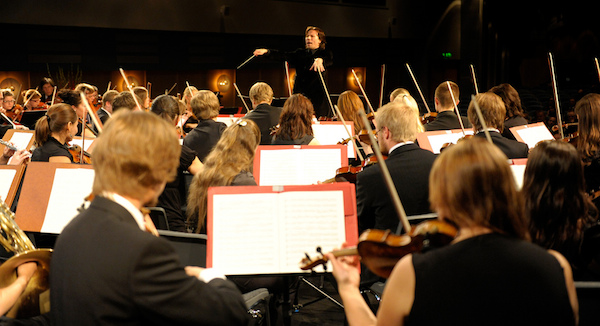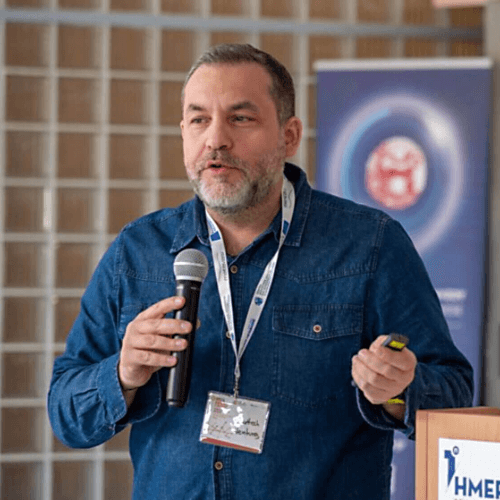The founder as a musician
They say that music is math, and to a certain degree it is true. The fundamental elements of music (from note lengths to the harmonic scale) are connected through ratios and numeric relations. And yet, the creation of music, from writing the notes down on paper to the full orchestra blaring, seems to me a far more complex and, at times, chaotic activity. One which I would not hesitate to compare to running a startup.
Being an entrepreneur, you see, and especially a startup founder, is all about having a perfect timing (tempo), managing your team (harmony), making disparate elements play well together (counterpoint), being able to solve unexpected problems (improvisation) and making steady progress (rhythm). Plus, your product has got to have a memorable theme.
I could go on pointing to numerous other similarities, from the fact that most startups never get of the ground (just like most bands), to the importance of knowing your audience and pivoting to where your strengths lie.
There’s a well known book of essays by entrepreneur and VC Paul Graham (of Y Combinator fame) in which he compares the kind of hackers that create startups to painters. It’s quite an apt metaphor, but I think that the relationship between entrepreneurship and music is even more deep.
I was inspired to it, myself, after attending a lecture by Itay Talgam, the famous israeli conductor (and business consultant), in which he used the symphony orchestra as a metaphor for organisational behaviour and a model for inspired leadership. Itay’s remarks struck me as perfectly compatible to my own business experience.
A startup entrepreneur has to be a composer, a conductor and a musician at the same time. He has to learn to focus on each of these roles, depending on the circumstances and the maturity stage of his company. And he has to be a listener ― which is, of course, a prerequisite to being any of the above (Beethoven being the exception that proves the rule).
A composer, so that he can devise an overall plan that harmonically unites the disparate elements needed to make his vision a reality. Elements such as a business plan, funding, a team, a development process, a monetisation strategy and so on.
Like a composer, a founder must have the whole thing in his head. He must be able to see which elements work well together and which do not. He must be able to create a decent hook for potential investors and offer a catchy line to his customers.
A musician because, especially in early stages, he has to do a lot of the low level work himself, from developing the prototype of his web service all the way to providing customer support.
Like a (starving) musician, the startup entrepreneur has to have his eyes on the prize, practice a lot, live off of ramen, know when to improvise a quick solution and, most important of all, know how to play well with others.
And, finally, a conductor so that he can execute upon his plan in real time, keeping all the players involved on the same tempo and knowing what to emphasise and when to slow down or go faster.
Like a conductor, the founder is the one holding the baton, and he’s the one who will be blamed if all goes awry.
A well-run startup is like an orchestra performing a symphony ― its products are the results of numerous players working together under one vision. As for an ill-run startup, well, let’s just say that the cacophony that it produces will not entice any customers or investors that value their ears.

